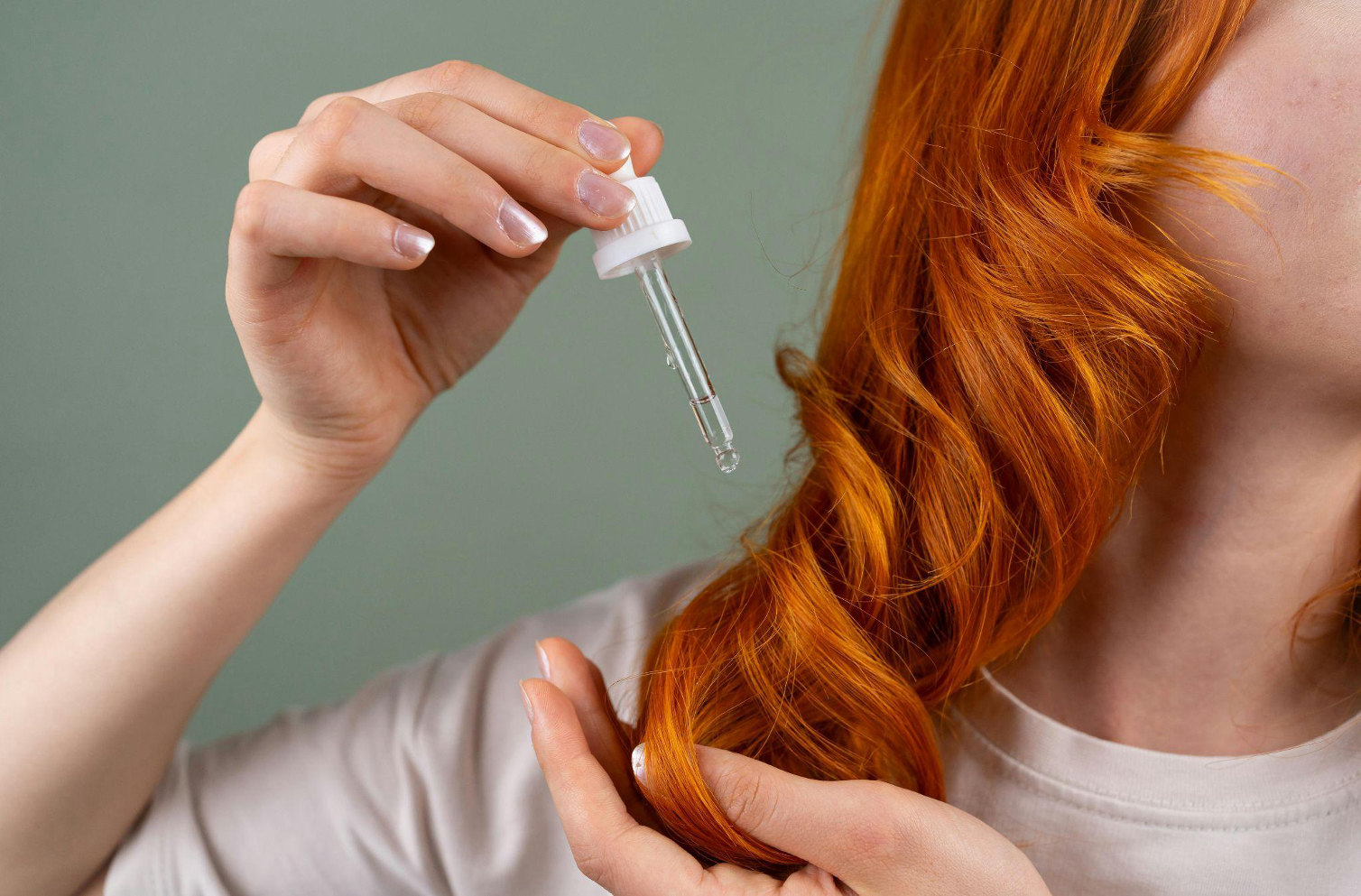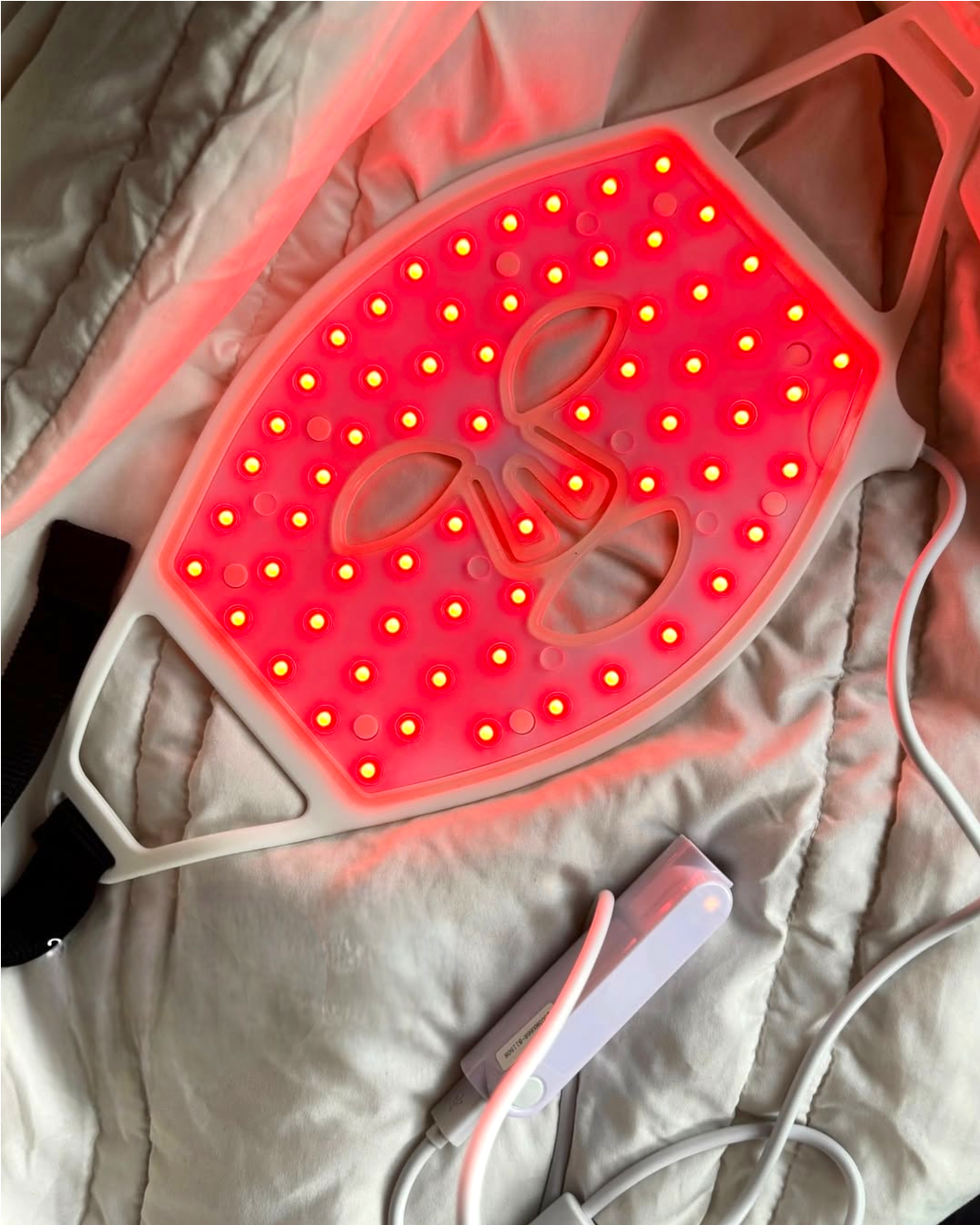
“What if the secret to strong, luxurious hair lies in your daily habits? Healthy hair begins with intentional nourishment, from the inside out.”
Thinning hair and lack of growth can be distressing, but achieving healthy, vibrant hair is possible with the right approach. By incorporating effective hair loss products for women alongside natural nourishment and informed practices, women can unlock the potential for hair that is not only fuller but also stronger and healthier. This article provides detailed, science-backed tips to help women promote hair growth naturally.
The Science Behind Hair Growth for Women
Understanding how hair grows and the factors that influence its health is the first step toward effective hair care.
Understanding the Hair Growth Cycle
Hair growth occurs in three phases: anagen (growth), catagen (transition), and telogen (rest). The anagen phase, lasting 2-7 years, is the most critical for length and density. Hair spends about 85% of its time in this phase, but disruptions due to stress, nutrition, or hormonal changes can shorten it, leading to thinning.
How Hormones Affect Women’s Hair
Hormones like oestrogen promote prolonged growth phases, while shifts during menopause or due to hormonal imbalances can lead to thinning. Conditions such as polycystic ovary syndrome (PCOS) often result in excess androgen levels, which shrink follicles and inhibit growth.
The Importance of Scalp Health
A healthy scalp is the foundation for hair growth. When the scalp is nourished and free of build-up, follicles remain active. Dryness, inflammation, or clogged pores can stunt growth and cause premature shedding.
Nutrition and Hair Growth
Proper nutrition is essential for maintaining strong, healthy hair. The nutrients you consume directly impact the strength and growth rate of your hair.
Essential Vitamins and Minerals for Women’s Hair
- Biotin: Known as vitamin B7, biotin enhances keratin production, strengthening hair shafts.
- Zinc: This mineral regulates oil production, preventing dryness and breakage.
- Iron: Iron supports oxygen delivery to follicles, promoting robust growth.
- Vitamin D: Deficiencies can lead to hair loss, as vitamin D activates follicles.
- Vitamin E: A powerful antioxidant that reduces oxidative stress, which can damage hair.
The Benefits of Protein-Rich Diets
Hair is composed primarily of keratin, a structural protein. Consuming lean meats, eggs, and legumes provides the amino acids necessary for keratin synthesis, reinforcing hair structure.
The Role of Antioxidants
Antioxidants like vitamins C and E combat free radicals that damage hair follicles. Foods like berries, spinach, and nuts provide these essential compounds, protecting hair from environmental stress.
Lifestyle Adjustments for Better Hair Growth
Beyond diet, everyday habits play a significant role in promoting hair health.
Stress Management and Its Effects on Hair
Stress can lead to telogen effluvium, where follicles prematurely enter the resting phase. Practices like yoga, meditation, and exercise can lower cortisol levels, protecting hair from stress-induced shedding.
The Connection Between Sleep and Hair Regeneration
Quality sleep allows the body to repair and regenerate, including hair follicles. Aim for 7-8 hours of uninterrupted sleep each night to support natural growth cycles.
Avoiding Hair Damage in Daily Life
Heat styling, tight hairstyles, and chemical treatments weaken hair strands. Minimise the use of straighteners and curling irons, opt for loose styles, and use products free from harsh chemicals to reduce damage.
A nourished scalp is critical for healthy hair growth. Prioritising scalp care creates an environment where hair can thrive.
Why Scalp Exfoliation Matters
Exfoliating the scalp removes dead skin and product build-up, improving follicle function. Use gentle exfoliants or brushes designed for the scalp to stimulate circulation and clear clogged pores.
The Benefits of Scalp Massages
Massaging the scalp increases blood flow, delivering essential nutrients to follicles. Regular massages with natural oils, such as argan or castor oil, can enhance thickness and density over time.
Choosing the Right Hair Care Products
Select shampoos and conditioners free of sulfates and parabens to avoid irritating the scalp. Products containing botanical extracts, such as aloe vera or tea tree oil, provide soothing hydration and antibacterial benefits.
Natural Supplements and Remedies
Supplements can complement a healthy diet, providing targeted support for hair growth.
Popular Supplements for Women’s Hair Health
- Biotin: Enhances keratin infrastructure, reducing brittleness.
- Collagen: Improves elasticity and strengthens hair at the root.
- Omega-3 Fatty Acids: Reduce inflammation, promoting a healthier scalp.
Phosphatidic Acid: A Game-Changer for Hair Growth
Phosphatidic Acid activates mTOR pathways, essential for cell growth and follicular activity. Research suggests it can significantly improve hair density and regrowth rates, making it a valuable addition to any hair care routine.
Botanicals and Oils for Nourishment
Natural remedies like rosemary oil, castor oil, and aloe vera have been shown to nourish the scalp, reduce inflammation, and encourage regrowth. A study published in Skinmed found that rosemary oil is as effective as minoxidil in promoting growth without harsh side effects.
Common Myths About Women’s Hair Growth
Misconceptions about hair care often lead to ineffective or counterproductive practices.
Does Trimming Hair Make It Grow Faster?
Trimming prevents split ends, which can travel up the hair shaft and cause breakage, but it does not influence the growth rate at the follicle level.
Are Natural Oils Enough?
While oils condition and protect, they cannot replace the benefits of a balanced diet or active lifestyle. Use oils as part of a holistic care routine.
Is Daily Washing Harmful?
Overwashing can strip natural oils, but washing with gentle, hydrating shampoos prevents scalp irritation and maintains cleanliness without harm.
Healthy hair growth is achievable with a holistic approach that incorporates nutrition, lifestyle adjustments, and consistent scalp care. By understanding the science behind hair growth and implementing these strategies, women can nourish their hair naturally and enjoy fuller, stronger strands.
Start your journey to healthier hair today by embracing these nourishing practices and rediscovering the confidence that comes with vibrant, beautiful hair.




